With plastic surgery gaining acceptance among all socio-economic levels it has achieved a level of popularity that is almost as commonplace as changing one’s hair color. TV shows portray plastic surgery as a “miracle cure” for looking the way one is expected to look according to current trends. This leads to more and more children and teens imploring their parents to allow them to have plastic surgery procedures at younger and younger ages.
Currently, no specific laws in the United States prevent teenagers from getting cosmetic surgery, though parental consent is required for patients under the age of 18. And, according to the American Society for Aesthetic Plastic Surgery, more than 130,000 cosmetic procedures were performed on people under the age of 18 in 2014.
It is important to realize that many teens want plastic surgery for questionable reasons. Trends come and go, but plastic surgery lasts much longer. So it is critical that there be a level of emotional maturity and an understanding of not only the lasting effects of plastic surgery, but also the limitations that it may not meet unrealistic expectations.
It has been scientifically demonstrated that the frontal lobe of the brain, which controls decision-making, impulsiveness and understanding consequences, does not fully develop until the 20s and very often the 30s. This makes it obvious that not every teenage is well suited for plastic surgery with its real risks.
According to an article on BrainConnection.com entitled “Decision-making Is Still a Work in Progress for Teenagers”, “Recent studies of brain development in teenagers may finally give parents the scientific authority to say “No you’re not!” in answer to the common adolescent complaint, “But I’m old enough to make my own decisions!” That authority comes from brain imaging studies that reveal some surprising features of the adolescent brain.” The study, conducted by Deborah Yurgelun-Todd and colleagues at the McLean Hospital Brain Imaging Center in Boston, Massachusetts, “used functional magnetic resonance imaging to compare the activity of teenage brains to those of adults.” (http://brainconnection.brainhq.com/2013/03/20/decision-making-is-still-a-work-in-progress-for-teenagers/)
According to the article, “The results from the McLean study suggest that while adults can to use rational decision making processes when facing emotional decisions, adolescent brains are simply not yet equipped to think through things in the same way. For example, when deciding whether to ride in a car driven by a drunk friend, an adult can usually put aside her desire to conform and is more likely to make the rational decision against drunk driving. However, a teenager’s immature frontal lobes may not be capable of such a coolly rational approach, and the emotional feelings of friendship may be likely to win the battle.”
The desire to look like an airbrushed celebrity is not a good reason for a child or teenager to have plastic surgery. If you have ever heard of underground cosmetic filler parties where unlicensed individuals fill cheeks with cement or offer lip augmentations and butt lifts, you know the kinds of procedures teens are seeking are readily available. You also know the danger and the damage that can ensue. Talk to your teen. Depending on their age, their maturity and the procedure they think they want, above all remain rational. If your teen is seeking plastic surgery for a prominent nose, ears that cause others to make fun of them, a breast augmentation for asymmetrical breasts or a breast reduction, then by all means, take their desire seriously. If they simply want to be part of the latest trend, take them for a consultation with a board certified plastic surgeon. Maybe the surgeon will be heard more than you, the parent.

